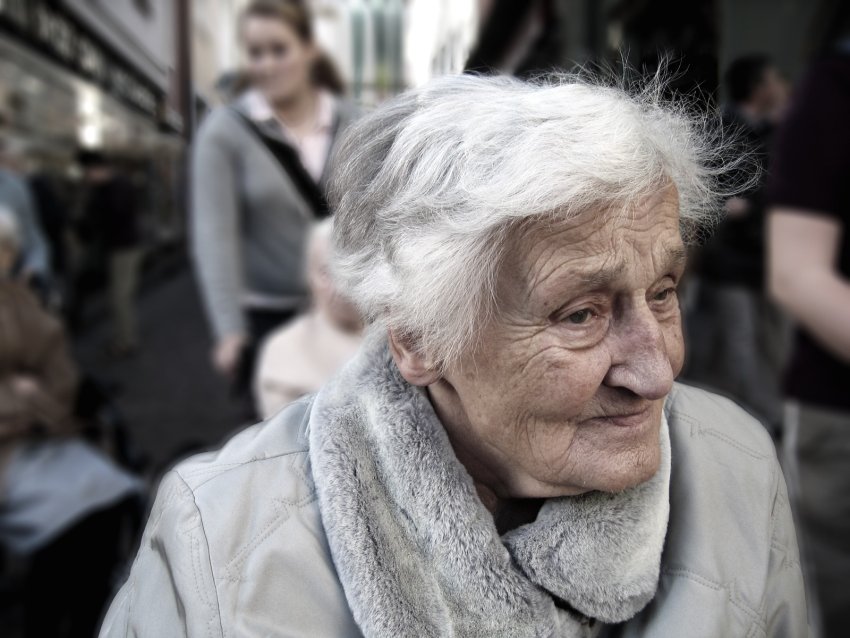
While the COVID-19 pandemic has brought systemic inequality to the fore, there is one group who are particularly at risk — older women.
A study released just before the coronavirus pandemic hit Australia this year by the Older Women’s Network (OWN) reveals older women are the fastest-growing group of people facing homelessness or housing insecurity.
While the public perception of homeless people is of older men and possibly drug addicts, structural and gender discrimination, including sexual violence, have now combined to make older women the most vulnerable to the injustice and indignity of not having a secure abode.
Older Women in Australia: Housing Insecurity and Homelessness said the rising cost of housing meant older women are increasingly seeking private rentals, even while the cost of these rentals rises.
OWN said the homelessness rate in Australia is around 50 per 10,000 people (according to the 2016 Census). There are 195,000 households on the waiting list for social or public housing. Older women represent one of the fastest growing groups.
A July report by Debbie Faulkner from the University of South Australia for Housing for the Aged Action Group (HAAG) found similar evidence.
Her study found that, in Victoria, women aged 65–74 showed the largest increase in people experiencing homelessness, closely followed by women aged 75–84 years.
HAAG has also found that more elderly people were experiencing housing stress as a fall-out from the COVID-19 pandemic. Specifically, they were struggling to afford their private rentals, after losing income, were unable to negotiate rent reductions and were ineligible for additional support.
OWN’s report said the number of older homeless women — aged between 55–67 years — seeking support from specialist services has increased by 55% in the past decade. Alarmingly, the Australian Institute of Health and Welfare said 42% of those seeking help from specialist homelessness services had experienced some kind of family and domestic violence. It was the most common reason given.
This is a large and worrying rise, especially considering the other intersecting discriminations women face. The consequences of gender discrimination can impact harshly in later life, the report found, especially as women tend to live longer than men.
Not only have women earned less than men for doing the same work (the gender pay gap is 17.3%), they retire with about half the superannuation amount of men ($157,050 for women compared with $270,710 for men).
Women are also more likely to have worked in lower-wage jobs, are more likely to have taken time out to care for family members, and are more likely to have higher financial stress.
OWN said there needs to be a new approach to end age and gender discrimination. Women won the right to equal pay in 1969, but the principle of equal pay for work of equal value is still not enforced.
OWN found that 35% of older women have no money for retirement, and one in three women do not have any superannuation at all, including 60% of women aged 65 to 69.
As a result of the rise in older women becoming homeless, specialist not-for-profit organisations want governments to develop a special focus on gender and age-specific specialist homelessness services to cater for older women. This is in addition to the calls for more public and affordable housing.
Green Left believes that only by mobilising people power against the power of big money do we have a hope of winning a democratic, environmentally and socially just future. If you agree, then become a supporter or make a donation to our Fighting Fund.